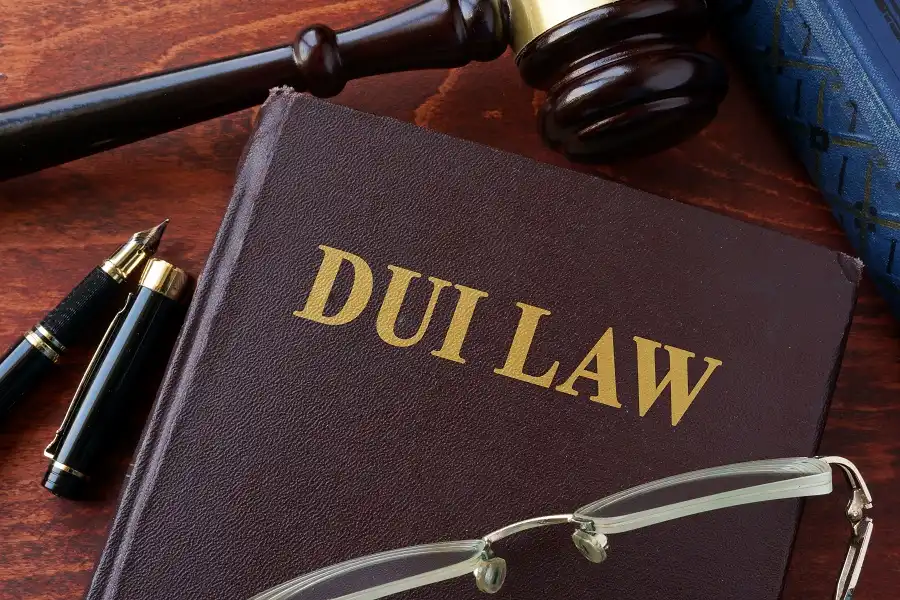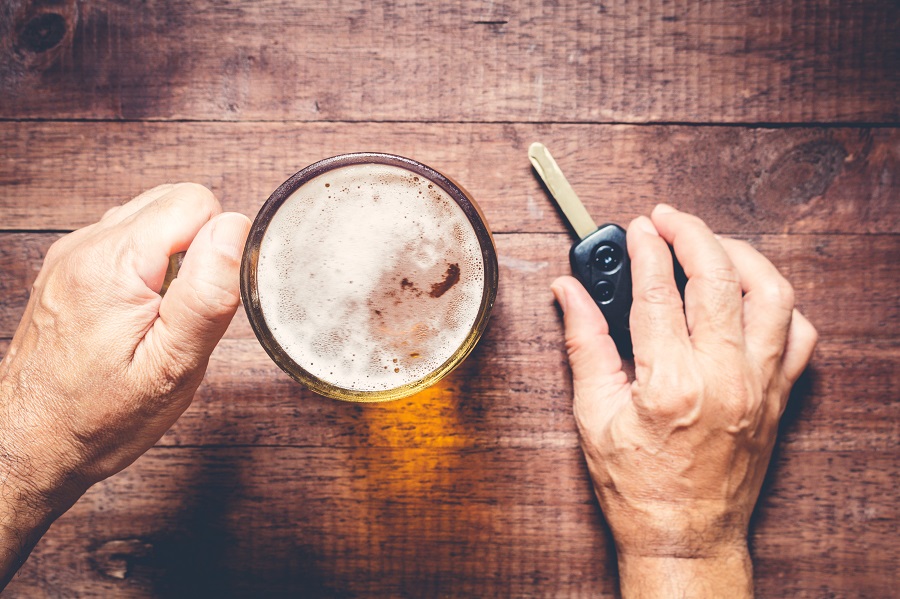Your Second DWI in Texas
Getting arrested for a second DWI is a serious legal matter. Unlike a first offense, Texas law imposes mandatory jail time and treats repeat offenses with far less leniency.
A DWI becomes a second offense if:
- You have a prior DWI conviction on your record.
- You were previously placed on deferred adjudication for a DWI.
- You are arrested again for driving under the influence of alcohol or drugs.
The prosecution will push for harsher penalties, and judges are less likely to offer lenient plea deals. However, a second DWI is still defensible, and an experienced attorney can fight to protect your rights and minimize penalties.
Second DWI Penalties in Texas
A second DWI conviction carries more severe consequences than a first offense. If convicted, you could face:
Fines
Upon conviction for a second DWI offense, individuals may face fines up to $4,000. This amount is double the maximum fine for a first-time DWI offense.
Jail Time
Texas law mandates a minimum jail sentence for a second DWI conviction. The incarceration period ranges from 30 days to 1 year. The exact duration depends on factors such as blood alcohol concentration (BAC) and other circumstances surrounding the arrest.
License Suspension
A second DWI conviction can result in a driver's license suspension for up to 2 years. This suspension is separate from any administrative license revocation that may occur immediately after the arrest.
Probation
Courts may grant probation, also called community supervision, for a second DWI offense. Probation can last up to 2 years and typically includes conditions such as:
- Mandatory attendance in alcohol education programs
- Regular meetings with a probation officer
- Community service requirements
- Abstinence from alcohol, verified through random testing
It's important to note that probation does not eliminate jail time; a minimum jail term is still required.
Additional Consequences
Beyond the primary penalties, a second DWI conviction may lead to additional repercussions, including:
- Ignition Interlock Device (IID)
An IID is installed on your vehicle, requiring a breath sample before the engine starts. - Community Service
Completion of a specified number of community service hours. - Alcohol Education Programs
Enrollment in programs designed to educate about the dangers of alcohol consumption and driving. - Increased Insurance Premiums
Significant hikes in auto insurance rates due to the DWI conviction. - Permanent Criminal Record
A second DWI conviction permanently remains on your criminal record, potentially affecting employment and housing opportunities.
Can a Second DWI Be Reduced?

While Texas law imposes strict penalties for a second DWI, it is sometimes possible to have the charges reduced or dismissed with the right defense strategy. Prosecutors are typically less willing to negotiate a reduction for repeat offenders, but several factors can influence the outcome of your case:
- Weak Evidence
If there are inconsistencies in police reports, unreliable breathalyzer results, or errors in field sobriety tests, the prosecution may be forced to offer a reduced charge. - Procedural Violations
If law enforcement violated your rights — such as conducting an unlawful traffic stop or failing to administer sobriety tests properly — we may be able to challenge the admissibility of evidence. - Plea Agreements
In some cases, a second DWI can be reduced to reckless driving (sometimes called a "wet reckless" case) or obstruction of a roadway, which carries less severe penalties and does not result in a mandatory ignition interlock device.
Reduced charges can mean avoiding jail time, lowering fines, and preserving driving privileges. Even if a full dismissal isn’t possible, negotiating for a lesser charge can protect your future and minimize the long-term consequences of a DWI conviction.
At Turnbull Legal Group, we examine every legal angle to fight for the best possible resolution — whether that means reducing your charges or getting them dismissed altogether.
How to Fight a Second DWI Charge
A second DWI charge does not automatically lead to a conviction. At Turnbull Legal Group, we use aggressive defense strategies to fight your case, including:
Challenging the Traffic Stop
Police must have a valid reason to pull you over. If the stop was unlawful, we may be able to suppress the evidence and get the case dismissed.
Disputing Field Sobriety & Chemical Tests
Field sobriety tests are often unreliable, and breathalyzers must be properly maintained and calibrated. If the test results contain errors, we will challenge them.
Examining Police Procedures
Officers must follow the law when conducting an arrest. If they violated your rights, failed to read Miranda warnings, or improperly administered tests, we will use that to weaken the prosecution’s case.
Negotiating for Reduced Charges or Alternative Sentencing
For some second-time offenders, we may be able to reduce a DWI to a lesser charge, negotiate for probation instead of jail, or seek rehabilitation programs instead of harsh penalties.
Turnbull Legal Group’s Proven Strategies: Fighting Your Second DWI Charge
A second DWI offense carries life-changing consequences, but our team has the experience to fight back and build a strong defense.
Free Consultation
We start with a detailed case review, explaining your legal options and how we can fight your charges. Every case is different, and we develop a strategy tailored to your circumstances.
Investigating Every Detail
We analyze police reports, bodycam footage, and breathalyzer calibration records to uncover errors and inconsistencies. If law enforcement made mistakes, we will use them to your advantage.
Strategic Negotiations
Prosecutors are less lenient on second-time offenders, but we use our knowledge of Houston courts to fight for reduced charges, alternative sentencing, or a case dismissal.
Trial Preparation
If a trial is necessary, we will challenge the prosecution’s case with expert testimony, cross-examinations, and forensic analysis to weaken their arguments and defend your rights.
The 15-Day Rule: Don’t Lose Your License
After a second DWI arrest, you only have 15 days to request an Administrative License Revocation (ALR) hearing to fight the automatic suspension of your license.
- Failing to request a hearing means your license will be suspended for up to 2 years.
- The ALR hearing is a chance to fight your suspension before your criminal case is resolved.
- We act immediately to file your request and defend your driving privileges.
Let Us Protect Your Future — It’s What We Do Best
A second DWI conviction can cost you your license, your job, and your freedom. Texas law is tough on repeat offenders, but we know how to fight back. Don’t roll the dice on your future. Call us immediately.






























